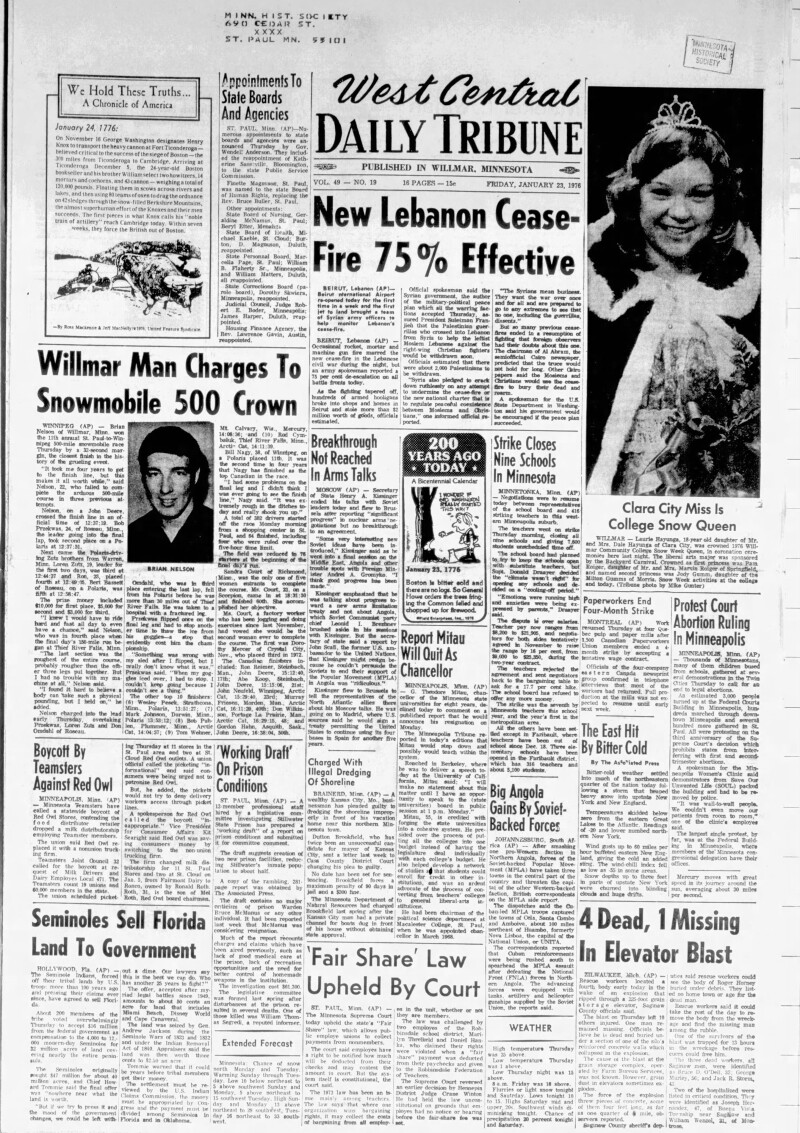
UPDATE: The new thriller film The Lost Bus, starring Matthew McConaughey, premiered on Apple TV+ today, igniting discussions about its portrayal of the real-life events surrounding the devastating 2018 Camp Fire in Paradise, California. The film, directed by Oscar-winner Paul Greengrass, is based on the true story of school bus driver Kevin McKay and teacher Mary Ludwig who heroically rescued 22 children during the deadliest wildfire in California’s history.
Many viewers are questioning how accurately the film represents the harrowing reality faced by McKay and the students. While the movie captures the essence of their bravery, reports indicate that significant elements were exaggerated or altered for dramatic effect.
The Lost Bus chronicles McKay’s race against time to pick up children stranded at Ponderosa Elementary after evacuation orders were issued. The Camp Fire, which claimed 85 lives and displaced over 50,000 people, burned parts of the community to the ground.
New insights reveal that while McKay did indeed respond to an emergency call, many intense cinematic moments, including high-speed chases and confrontations with “looters,” were fabricated. In reality, McKay faced a five-hour journey through traffic, not a harrowing escape through flames.
The film’s portrayal of Ludwig, played by America Ferrera, includes a dramatic quest for water that differs from the actual events. According to Lizzie Johnson’s book, it was a stranger who provided water, not the sensationalized incident depicted in the movie.
Additionally, the narrative of lost communication between the bus and the school is misleading. Reports confirm that while communication was challenging, there were sporadic cell phone connections, contradicting the film’s premise of a “lost” bus.
In a statement, McKay shared, “We were coughing and my eyes were hurting. I knew we had to do something.” This testimony underscores the real danger faced by the busload of children, but the movie’s embellishments have led to critiques of its authenticity.
As the film gains traction, audiences are left to weigh the emotional impact against the factual inaccuracies. The emotional resonance of McKay’s and Ludwig’s story is undeniable, yet how it translates to the screen raises questions about the responsibility of filmmakers in representing true events.
What’s Next: Viewers are encouraged to engage in discussions about the film’s accuracy and its portrayal of real-life heroism. As The Lost Bus continues to stream, the contrast between cinematic storytelling and factual history will remain a critical topic of interest.
As audiences flock to watch, the conversation about what constitutes a “true story” in Hollywood is more relevant than ever. Will the sensationalized elements overshadow the genuine heroism displayed during the Camp Fire? Only time will tell as public opinion unfolds.






